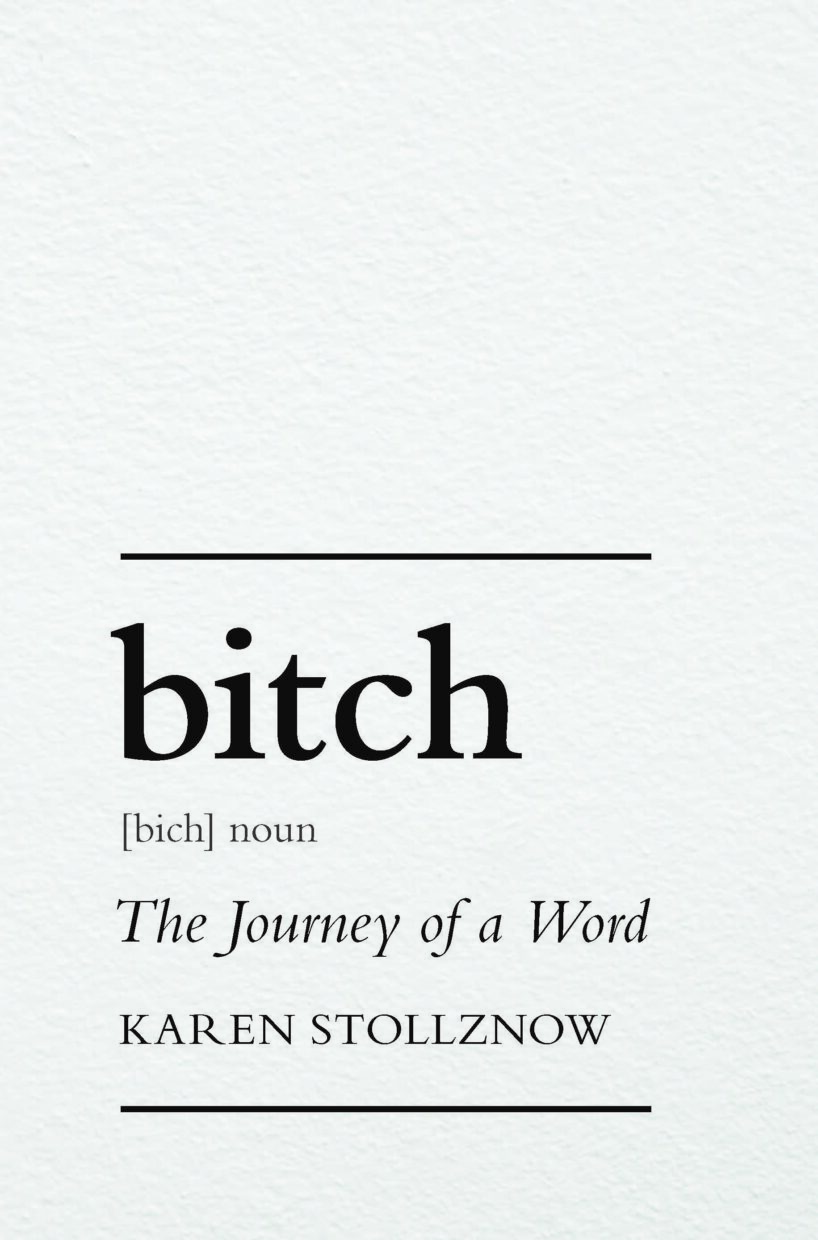Hollywood’s “difficult” women
The “difficult” woman is a popular trope. This paradigm is particularly pervasive in Hollywood. At a time when the studio system expected actresses to be agreeable, quiet, and deferential, several Golden Age icons were saddled with the label by studios, directors, or co-stars. These “difficult” women included Joan Crawford, Katharine Hepburn, Marlene Dietrich, and Bette Davis.
In particular, Davis had a reputation for being strong-minded, opinionated, and intimidating, which often resulted in her being called difficult. She once explained the disparity as, “Strong men are praised, but strong women are regarded only as difficult.” To put it another way, she added, “When a man gives his opinion, he’s a man. When a woman gives her opinion, she’s a bitch.” There was a clear double standard in Hollywood. Actresses who were assertive, independent, ambitious, and advocated for themselves were often branded “difficult,” while male actors were admired for having these very same traits.
The stigma of the label has brought down the careers of many Hollywood women over the years. But it reflects gender bias; their male counterparts are rarely described in this way. Hollywood is a boy’s club, and being seen as dominant and strong is not a career killer for male actors. Marlon Brando was legendary for being unpredictable and uncooperative on set. He would refuse to learn his lines and had a tendency to cause major production delays. Chevy Chase had a long history of unprofessional behavior and feuds with co-stars, while some conflicts even ended with physical altercations. Modern actors Christian Bale, Russell Crowe, and Shia LaBeouf are notorious for their tempers, erratic behavior, and confrontations and clashes with cast, crew and the press. Unlike actresses, these actors have rarely been described as “difficult.”
Moreover, these men were often praised for their strong artistic visions, commanding personalities, passion, or “genius”, when in fact they were just powerful men behaving badly. On the other hand, some actresses have been labeled “tempestuous,” “hard to work with,” and “demanding” simply for demanding basic rights in the industry. They’ve been blacklisted for complaining about poor working conditions, daring to ask to be paid as much as their male co-stars, or resisting the casting couch. In the 1940s, Maureen O’Hara fought back against such sexual harassment and media misogyny. At the time, The Hollywood Reporter published a smear piece implying she was frigid and uncooperative because she didn’t “play the game.” That is, she refused to play along with the casting couch culture that was rampant in Hollywood. O’Hara threatened legal action, bravely and publicly calling out the publication and the broader system.
In recent decades, Katherine Heigl, Janet Hubert, Mira Sorvino, and Ashley Judd are among those “difficult divas” who stood up for themselves and their principles but were iced out of Hollywood for years. The climate has changed to a certain degree following the #MeToo movement, which has dismantled some of the inherent sexism. The label is still around, although some have embraced it or pushed back against it. For instance, Jennifer Lawrence has spoken openly about how being assertive was twisted negatively, especially earlier in her career. In a change of heart from the 1940s, The Hollywood Reporter quoted Lawrence saying, “I was called difficult and a nightmare because I had an opinion… I finally found my voice, and now I feel like I’m just getting it back.”
In retrospect, “difficult” often meant unwilling to be controlled. These actresses challenged the Hollywood studio system, demanding fair treatment, equal pay, better roles, respect, and dignity, and over time, they have changed the industry.
Dr. Karen Stollznow is the author of On the Offensive: Prejudice in Language Past and Present and her latest book is Bitch: The Journey of a Word.







